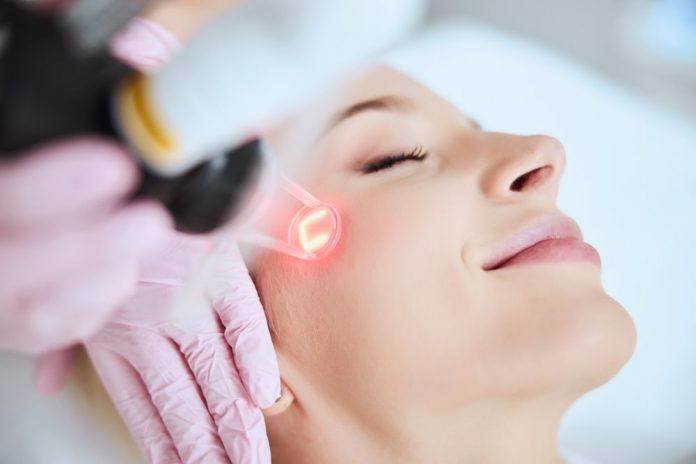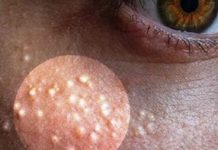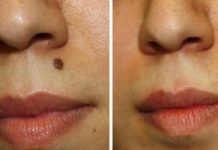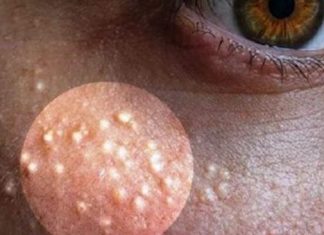Laser skin resurfacing is used largely to fight signs of aging, although there are other reasons to get the treatment. Perfection Cosmetic Clinic says the treatment can be used for sun damaged skin, areas of pigmentation change, and blotchy or unhealthy skin, and they also have the best skin tag removal Manchester offers. The Treatment can be undertaken on its own or in conjunction with other procedures like cosmetic mole removal. So let’s take a look at some important things you should know before proceeding.
- How it works- An extremely precise laser, under the supervision of a trained porefessional, will slowly remove the skin, layer by layer. Once at the appropriate depth for relieving acne scarring for example, the area will begin to produce new skin layers to repair the damage. This new skin will hopefully fill the areas affected by the scarring and even appear tighter and unblemished. Hence the treatment’s use in the anti aging fight.
- How to prepare- It is crucial that you always get a consultation with a medical professional before undergoing laser treatment. Laser skin resurfacing can result in several problems like breakouts in cold sores and fever blisters for people who are susceptible. You will also need to stop smoking as it halts the healing process. Your aesthetic practitioner will also advise you to stop taking blood thinning medications and supplements at least ten days before the session. Listen to advice and make sure you are a good candidate, otherwise things could get worse. And remember if you’re looking for the best mole removal Manchester offers, you can book it in at the same time!
- What to expect during the procedure- The good news is you won’t have to spend the night at the treatment. If small parts of your face are being treated, it can take as little as 45 minutes to complete, however your whole face can take up to three hours. Again depending on the area being worked on, you will require different numbing agents. You may need general anesthesia if you are having your whole face done, but small areas can be done with simple numbing cream.
- And what to expect after… After 24 hours you will need to remove your bandages and begin cleaning your treated areas four to five times per day. This is a crucial step to avoid infection. You may experience swelling at this time, and often itching and stinging, this is all normal, but let your aesthetic practitioner know if it gets worse. The healing process typically takes 10 to 21 days to heal, but even then you still have to be careful of the new skin. There will be redness in the area for two to three months and you will need to use broad spectrum suncream to block ultraviolet A + B rays during this time.
- The risks and benefits- Although laser treatment can improve the look of skin, it can not remove all traces of scarring. You are essentially covering worse scarring with less bad scarring, so don’t expect perfection. Having said that, the results can be a vast improvement and skin will look younger, fresher and tighter.
Remember though, that this is considered a cosmetic procedure. Your insurance will not cover it, and it can be expensive. You can also suffer from infections and burns, so weigh your options carefully.









